- Home
- entertainment
- news
- The chaotic road of DC movies over the last decade, as the company embarks on a bold 10-year plan to compete with Marvel
The chaotic road of DC movies over the last decade, as the company embarks on a bold 10-year plan to compete with Marvel
Travis Clark

- Warner Bros. Discovery said on Thursday that it has a "10-year plan" for DC movies similar to Marvel.
- The company has made it a priority to get the franchise on the right track to compete with the MCU.
Warner Bros. Discovery, DC's new parent company, said during an investor call on Thursday that it is working on a "10-year plan" for the superhero movie universe.
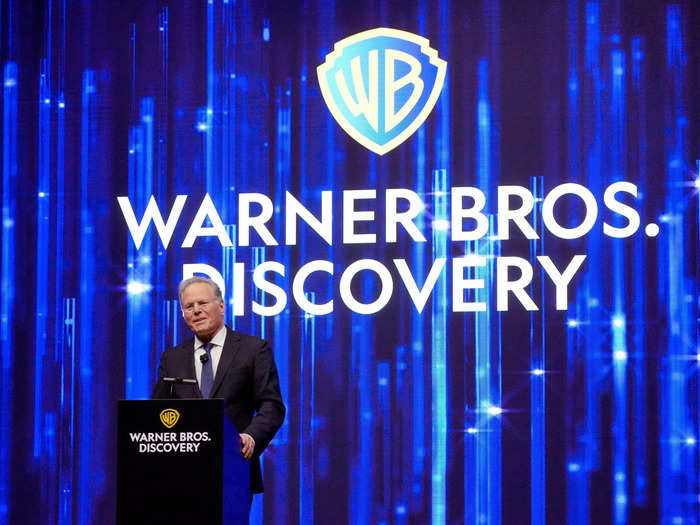
"We have done a reset," Warner Bros. Discovery CEO David Zaslav said. "We've restructured the business where there will be a team with a 10-year plan focusing just on DC. It's very similar to the structure that Alan Horn and Bob Iger put together very effectively with Kevin Feige at Disney."
It's not the first time that Warner Bros. and DC have rethought their movie strategy. DC movies have been on a winding road over the last decade, ever since Christopher Nolan wrapped up his Dark Knight Trilogy with "The Dark Knight Rises" in 2012.
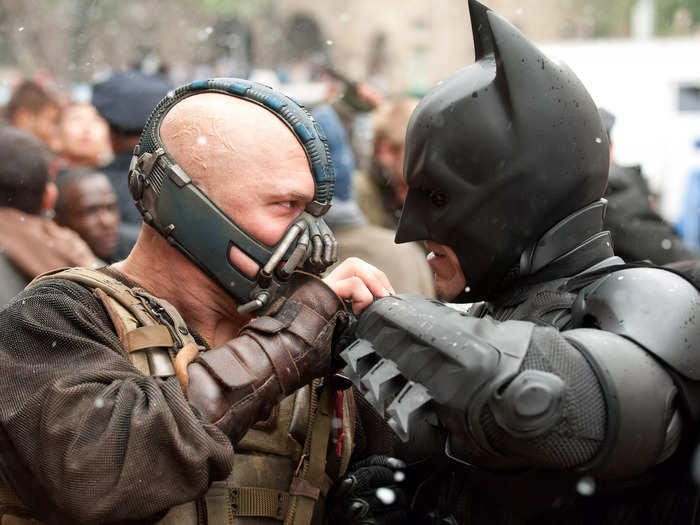
2013: "Man of Steel" was released, starring Henry Cavill as Superman and directed by Zack Snyder. It rebooted the character with a more edgy take following the success of Nolan's Batman movies.
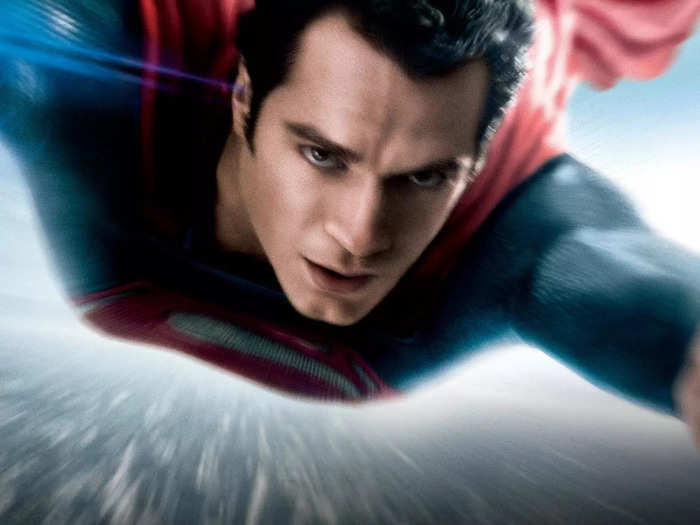
The movie was largely a flop with critics and has a 58% critic score on Rotten Tomatoes. It earned $668 million worldwide off of a $225 million production budget.
March 2016: "Man of Steel" was the launching point for a potential DC movie universe, akin to the MCU. Snyder directed a followup, "Batman v Superman: Dawn of Justice," that brought Cavill back, and introduced Ben Affleck's Batman and Gal Gadot's Wonder Woman.
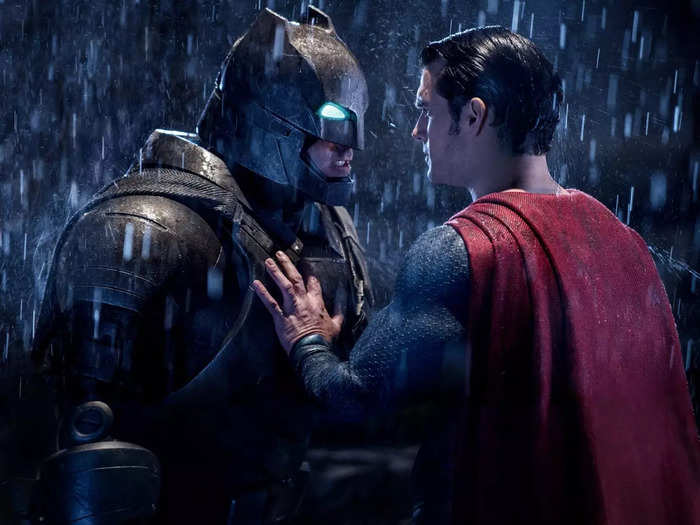
"Batman v Superman" grossed $873 million worldwide, but was another project with a hefty budget of $250 million. It was also a critical dud with a 29% Rotten Tomatoes critic score, and a B grade from CinemaScore, which surveys audiences on a movie's opening night (that's low for a superhero movie).
Overall, the movie wasn't the global phenomenon Warner Bros. had hoped it would be, given that it starred its two flagship superheroes. In other words, it didn't break $1 billion, unlike "Captain America: Civil War" later that year, which also pitted Marvel's two heavyweight characters of Iron Man and Captain America against each other.
August 2016: "Suicide Squad" was also released. It was a modest box-office success with over $700 million worldwide, but another critical failure.
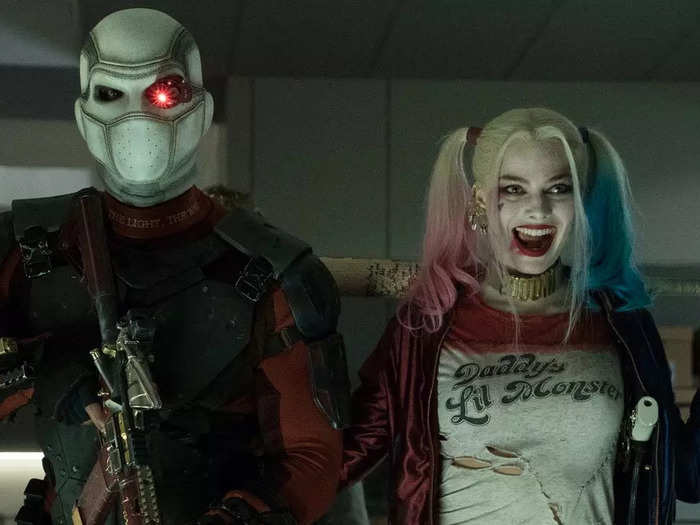
The "DC Extended Universe," as it was dubbed by fans online and stuck, had produced three misfires with critics in a row. "Suicide Squad" had a 26% Rotten Tomatoes critic score.
And while the movies had performed well at the global box office, they weren't mega hits, especially given their bloated budgets. And, adding insult to injury, they weren't reaching the same heights as Marvel movies.
June 2017: Some hope emerged with "Wonder Woman."
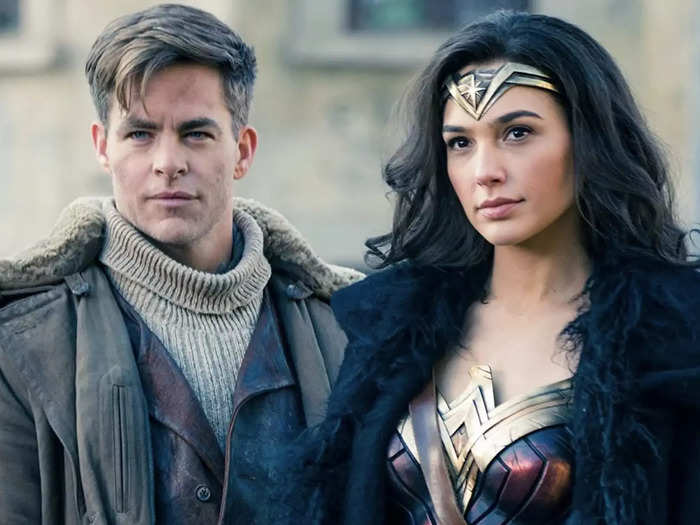
The movie, directed by Patty Jenkins, was everything Warner Bros. had been looking for in its new DC movies.
It cost less than the other movies to make and earned $822 million globally, on par with "Batman v Superman." And unlike the other DCEU movies, it was a hit with critics, receiving a 93% critic score.
November 2017: Disaster struck with the theatrical release of "Justice League." What was supposed to be DC's answer to Marvel's "Avengers" was a critical and financial dud.
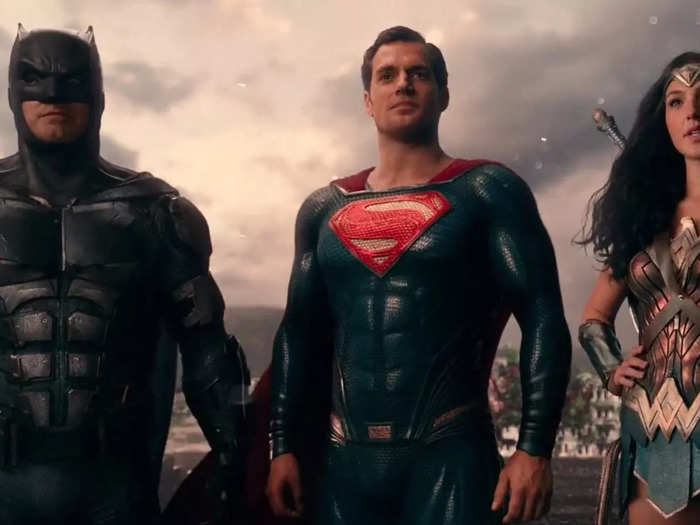
It grossed just $657 million worldwide, a disappointing figure considering it was DC's big superhero team-up movie and it cost $300 million to make after extensive reshoots ballooned the budget.
2017: "Justice League" had gone through extensive reshoots leading up to its release, after Snyder exited as director following a family tragedy and was replaced by "Avengers" director Joss Whedon. The poor response to the theatrical release launched the controversial "Release the Snyder Cut" movement.
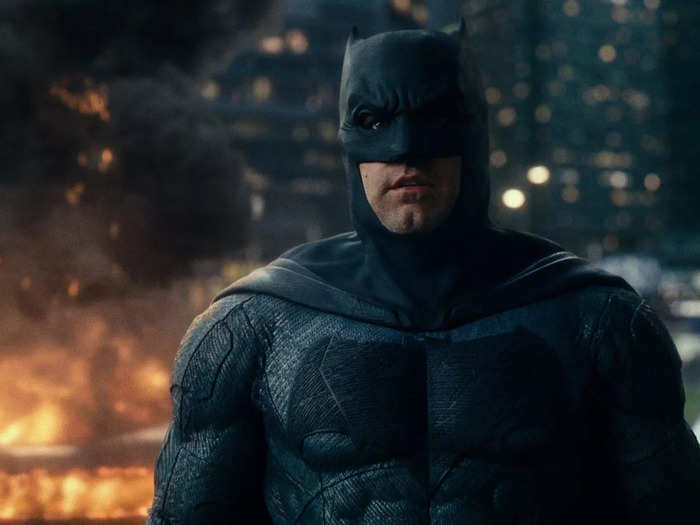
After "Batman v Superman" was criticized for being too dark and brooding, and after the success of "Wonder Woman," Warner Bros. opted to retool "Justice League."
Fans of Zack Snyder took to social media to try to convince Warner Bros. to release Snyder's version of the movie as he intended, which they called the "Snyder Cut." Snyder fans claimed the theatrical cut differed drastically from Snyder's original vision.
2017: The failure of the "DCEU" prompted Warner Bros. and DC to rethink its strategy. Instead of trying to replicate Marvel's shared universe, it would instead focus on standalone stories, Vulture reported in an extensive feature in July 2017.
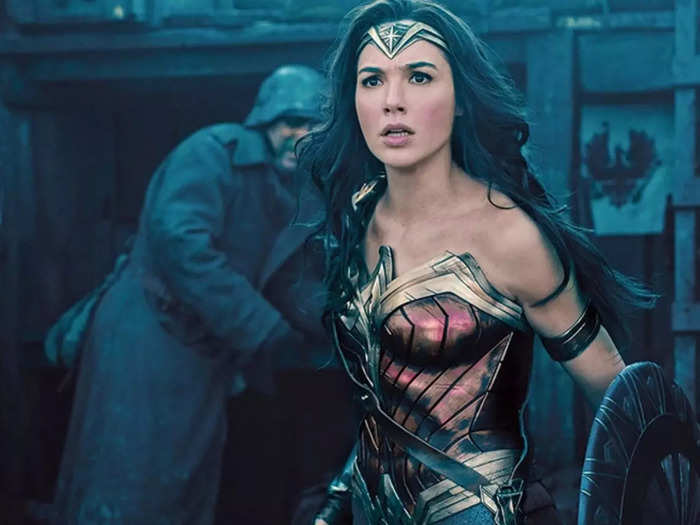
Vulture's feature landed after the release of "Wonder Woman" and ahead of "Justice League," suggesting the company had already accepted defeat on the latter.
The former, however, was largely a standalone story, even though Gadot reprised her role from "Batman v Superman" and would appear again in "Justice League."
"Our intention, certainly, moving forward is using the continuity to help make sure nothing is diverging in a way that doesn't make sense, but there's no insistence upon an overall story line or interconnectivity in that universe," Diane Nelson, the former head of DC Entertainment, told Vulture.
2018: DC's first test for the new strategy was "Aquaman." While Jason Momoa reprised his role as the title character after "Justice League," it largely didn't connect to any previous movies. It also heavily diverged from the tone of Snyder's films. It grossed over $1 billion worldwide.
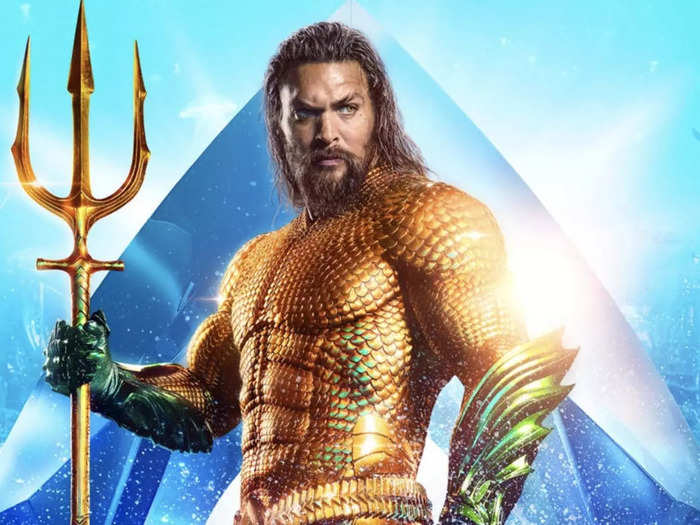
2019: "Joker," a standalone origin story of Batman's famous foe, earned over $1 billion and was nominated for 11 Oscars, including best picture. That same year, "Shazam!" grossed a much more underwhelming $366 million, but was a hit with critics.
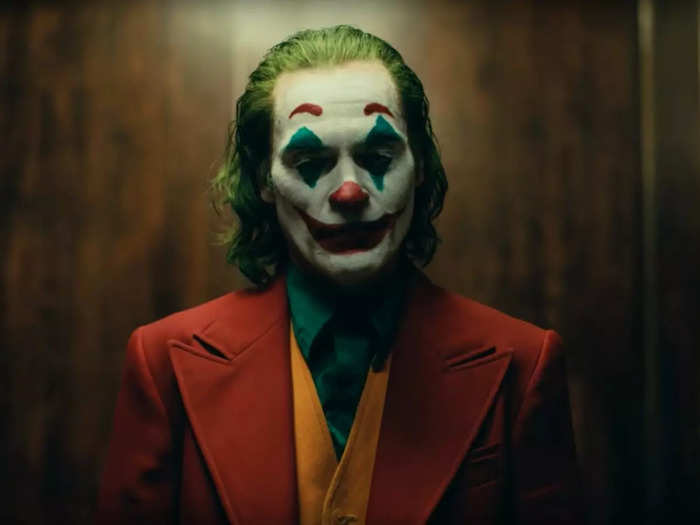
2020: "Birds of Prey" and "Wonder Woman 1984" struggled to maintain DC's post-"Justice League" momentum on the big screen.
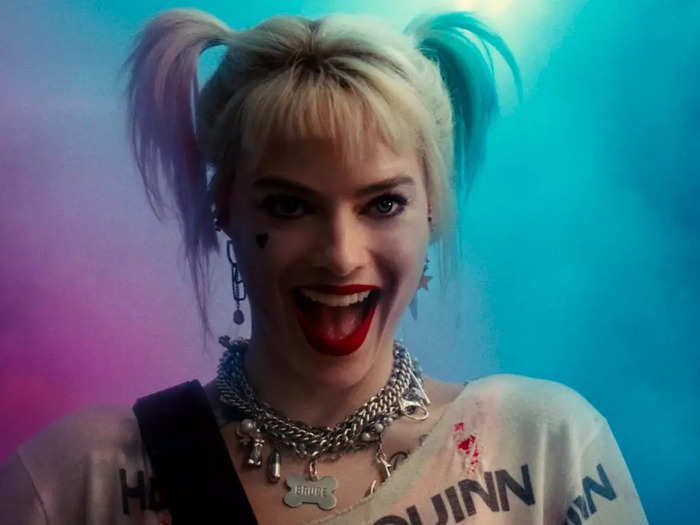
"Birds of Prey" grossed just $205 million worldwide, but cost $85 million, far less than most superhero blockbusters. It found another life on HBO Max after its theatrical run.
"Wonder Woman 1984," the sequel to 2017's "Wonder Woman," was released simultaneously on Max and in theaters amid the coronavirus pandemic. It grossed only $170 million globally, but was hindered by the ongoing pandemic and online piracy.
The movie wasn't the critical hit its predecessor was, and has a 58% on Rotten Tomatoes.
May 2020: Just as DC movies seemed to be getting on the right track, HBO Max announced that "Zack Snyder's Justice League" would be coming to the service the following year.
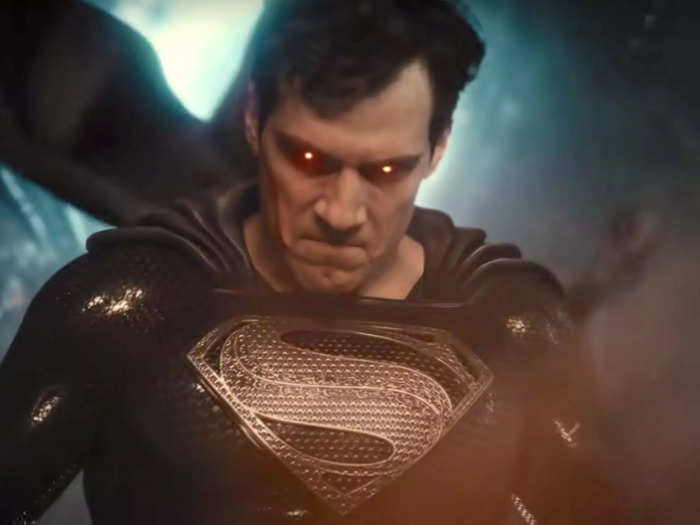
The Wrap reported later that year that the director's cut would cost $70 million to finish, as it included additional footage and ultimately clocked in at four hours in length.
While the "Release the Snyder Cut" movement won, the movie is still a cloud over Warner Bros.' head.
Rolling Stone reported recently that the movement was fueled by fake Twitter accounts, and that Snyder himself had hired a digital marketing firm to boost fan engagement in 2016 after the release of "Batman v Superman," which contributed to the cult-like following of his fans (Snyder denied this).
June 2020: "Justice League" actor Ray Fisher, who played Cyborg, accuses Joss Whedon in a tweet of "gross, abusive, unprofessional, and completely unacceptable" behavior on the set of the movie during reshoots (Whedon has denied this).
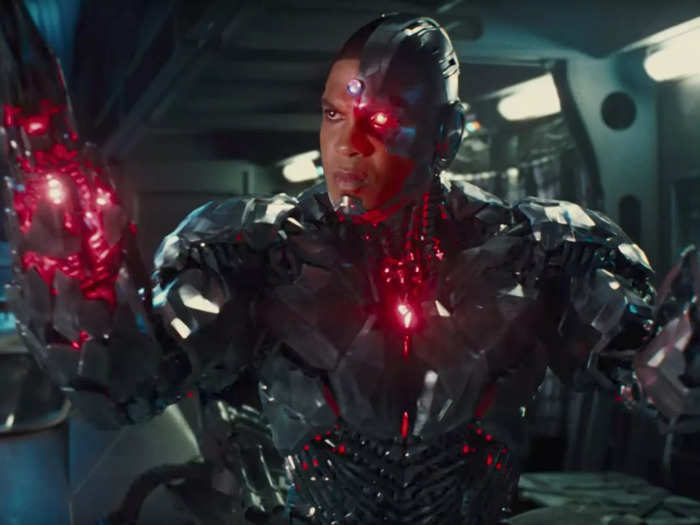
August 2021: "The Suicide Squad" was a soft reboot of the 2016 movie. It was a hit with critics, with a 90% critic score on Rotten Tomatoes, but underwhelmed at the box office amid the pandemic.
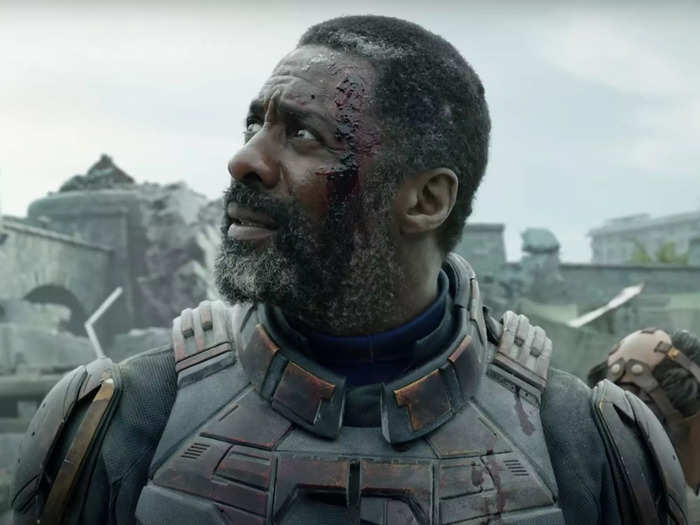
The movie, which was released simultaneously on HBO Max, earned $168 million at the global box office.
DC and Warner Bros. had poached "Guardians of the Galaxy" director James Gunn from Marvel after he was briefly fired. Gunn followed the movie up with a TV spinoff on Max called "Peacemaker," starring John Cena, which was a hit. A second season is in the works.
March 2022: "The Batman," a reboot of DC's most popular character starring Robert Pattinson and directed by Matt Reeves, landed after being delayed due to the pandemic. It earned over $700 million globally and a sequel is in the works.
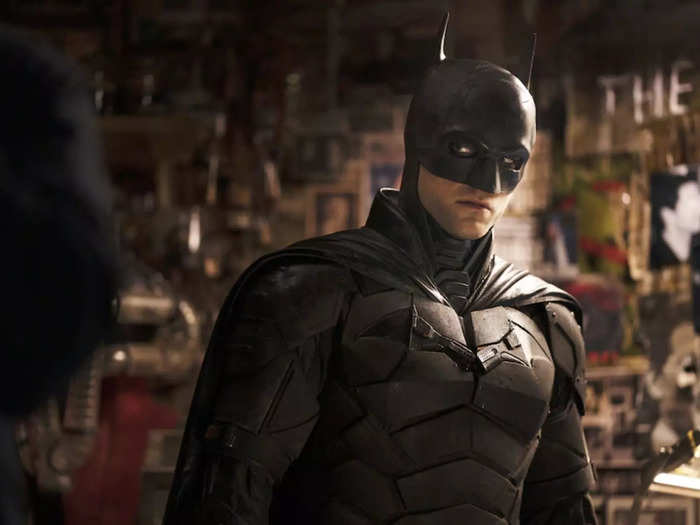
April 2022: WarnerMedia and Discovery close their blockbuster merger to form Warner Bros. Discovery, with David Zaslav as its CEO.
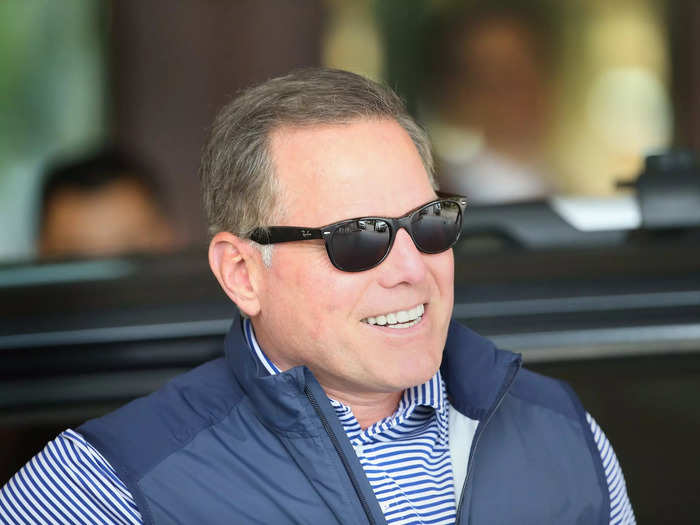
August 2022: Warner Bros. Discovery cancels the release of "Batgirl," which had been greenlit by WarnerMedia as an HBO Max-exclusive movie, signaling another strategy shift.
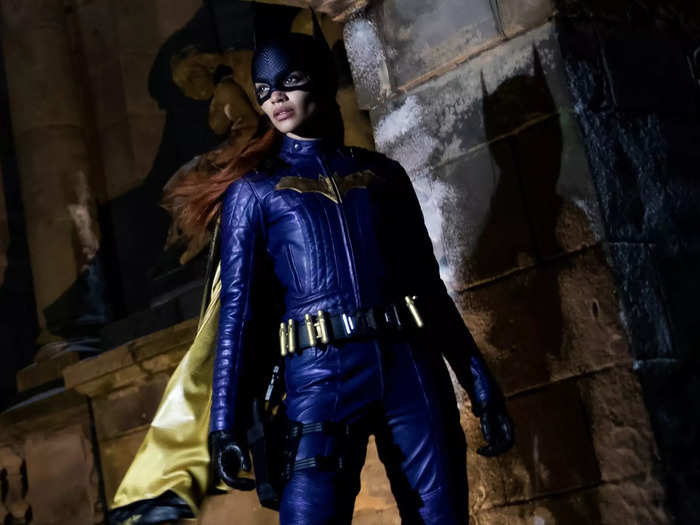
The $90 million movie was nearly complete, but Warner Bros. Discovery opted to not release it in favor of a tax writeoff as it looks to save costs, according to Variety and The Hollywood Reporter.
Zaslav defended the decision during this week's earnings call.
"The objective is to grow the DC brand, to grow the DC characters," he said. "But also, our job is to protect the DC brand, and that's what we're going to do."
The company is also focusing on theatrical releases, a pivot from the WarnerMedia regime, and "Batgirl" was developed as a straight-to-streaming release.
"We can't find an economic case for it," Zaslav said.
The future: There are few DC movies on the horizon that Zaslav seemed optimistic about during the investor call on Thursday. Beyond that, the company intends to build a team dedicated specifically to the DC movie universe that will develop a 10-year plan similar to Marvel.
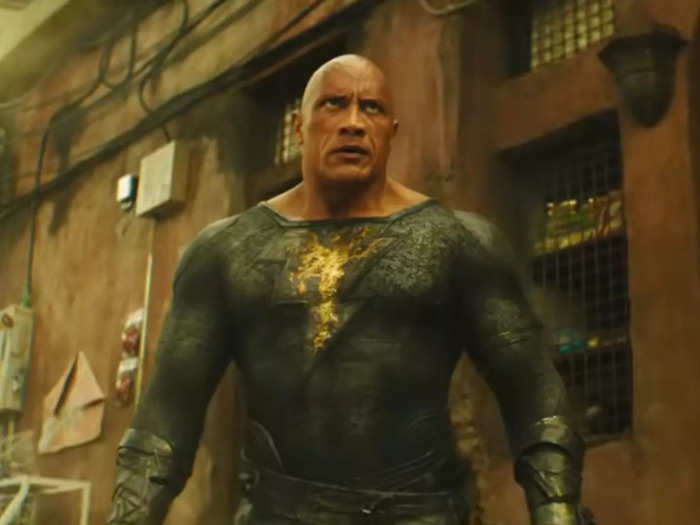
Upcoming DC releases include:
- "Black Adam" — October 21, 2022
- "Shazam! Fury of the Gods" — December 21, 2022
- "Aquaman and the Lost Kingdom" — March 17, 2023
- "The Flash" — June 23, 2023
"The Flash is moving forward despite controversy surrounding its star Ezra Miller.
"We have seen 'The Flash,' 'Black Adam' and 'Shazam 2,'" Zaslav said on Thursday. "We are very excited about them. We've seen them. We think they are terrific, and we think we can make them even better."
Popular Right Now
Popular Keywords
Advertisement